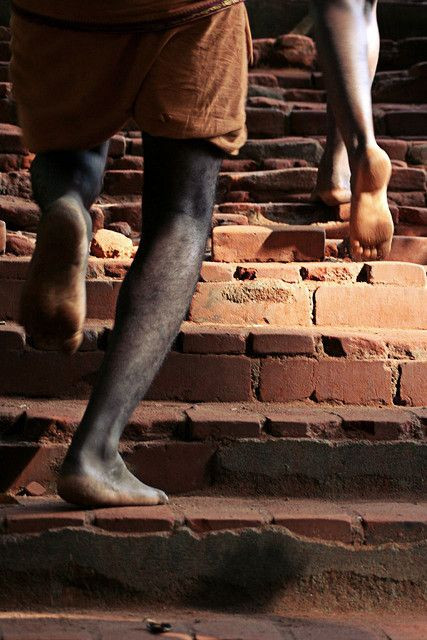WHO Sets Up Committee To Combat MERS Spread In Saudi Arabia During October's Religious Pilgrimage; Will Threat Of Deadly Disease Deter Devotees This Year?

Since mid-spring of this year, Middle East respiratory syndrome (MERS) has claimed dozens of lives in the Middle East.
MERS is known to have infected 77 people, 42 of which died. The Saudi Ministry of Health said Tuesday that three more people who contracted the virus have recovered.
The majority of MERS cases have emerged specifically in Saudi Arabia, though this does not necessarily mean that Saudi Arabians are the reason the disease is on the verge of pandemic levels. What's more, many cases go unreported, forcing researchers and medical professionals to have only a few cases from which to learn about disease management and potential treatments.
However, the concentration of MERS in Saudi Arabia is especially worrying, given the Muslim calendar of events: in October, nearly three million Muslims from across the globe will convene in Saudi Arabia for their yearly haj, or pilgrimage. Haj is a religious rite that is carried out by every able bodied Muslim at least once in their lifetime. Opportunities to go on this pilgrimage arise once a year, during which Muslims travel to Mecca — located in Saudi Arabia — and perform a series of symbolic acts while there. The pilgrimage is very important to Muslims everywhere.
But will the threat of contracting a potentially lethal disease stop them?
"When you go on a pilgrimage, the spiritual space you enter is unlike anything you encounter in day to day life; it incomparable to life here. If I were to suffer from the pilgrimage...it would be like becoming a martyr. But I wouldn't let [fear of death] stop me from worshiping. Everything is within His control. We have no control over how or when we die; it's just something that will inevitably happen. If I did go in October, I would certainly take extra health precautions, but I can't control what He has already chosen for me, including going there to worship," said Sujana Khan, devout Muslim and an Islamic Studies student living in New York City.
In large groups of people, seen in large cities as well as at the time of pilgrimage in Saudi Arabia, spread of disease, deadly or not, is highly likely. It is clear from Khan's explanation of hajj and her beliefs that many Muslims will not be deterred by the threat of a deadly disease.
World Health Organization (WHO) flu expert Keiji Fukuda explained to Reuters that MERS remains a patchwork of infections that has not yet swept through countries or communities as influenza can. Nevertheless, a committee has been formed by WHO to figure out ways to prevent the spread of MERS and partly to address gaps in knowledge about the disease, Fukuda added. The committee is being formed under the same rules that created the committee for 2002's SARS epidemic in Asia. A similar committee was also set up in 2009 to deal with America's swine flu pandemic.
"We want to make sure we can move as quickly as possible if we need to," Fukuda said.



























